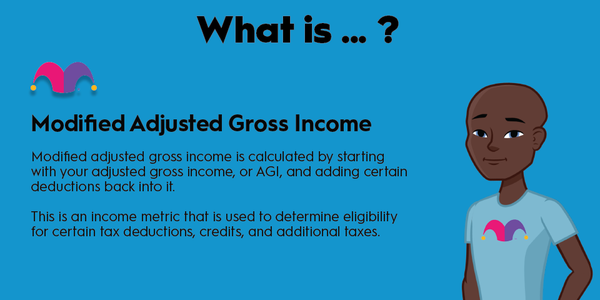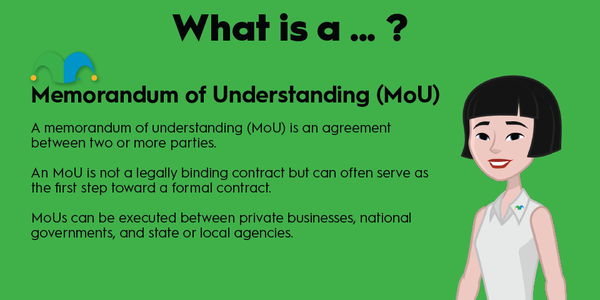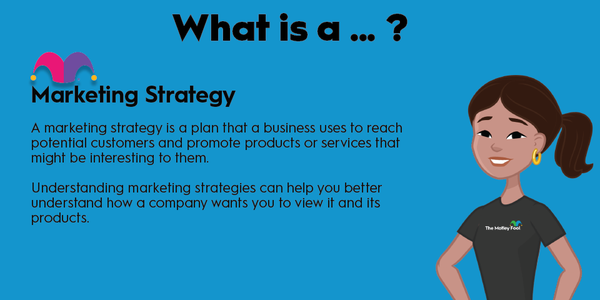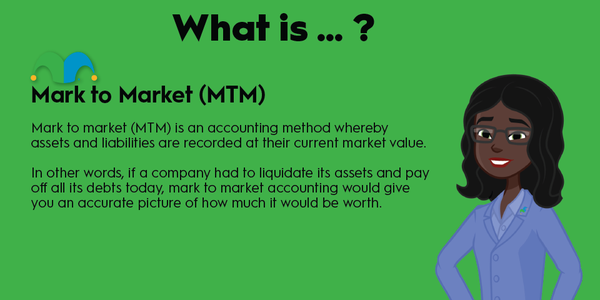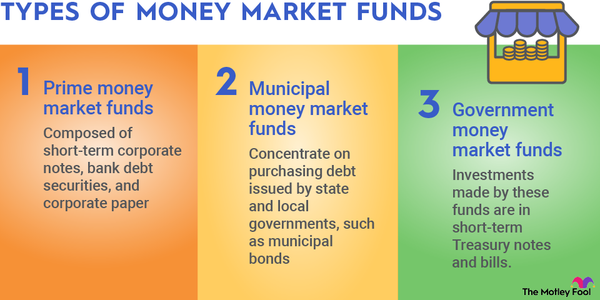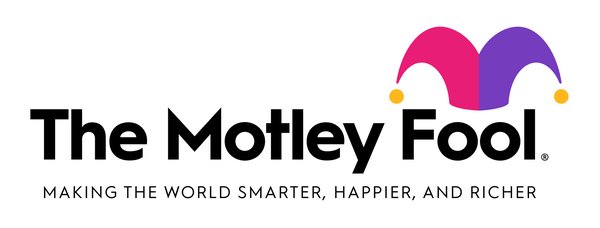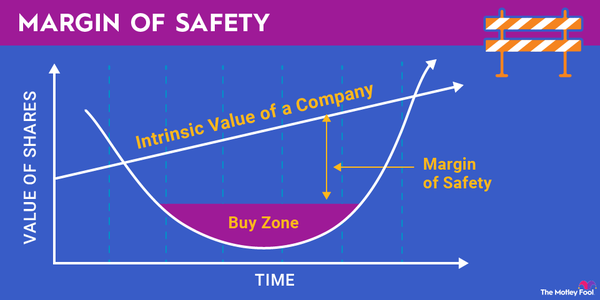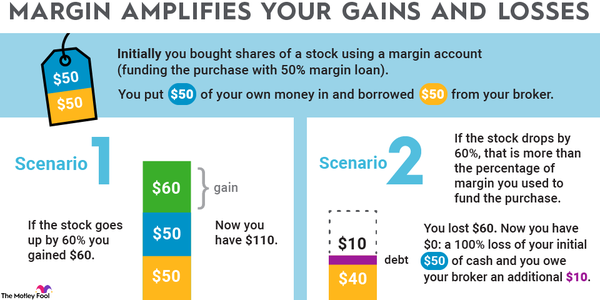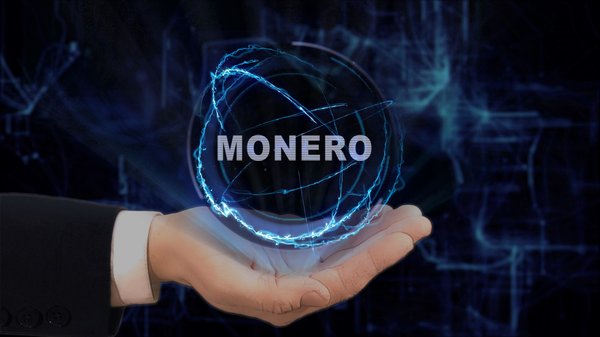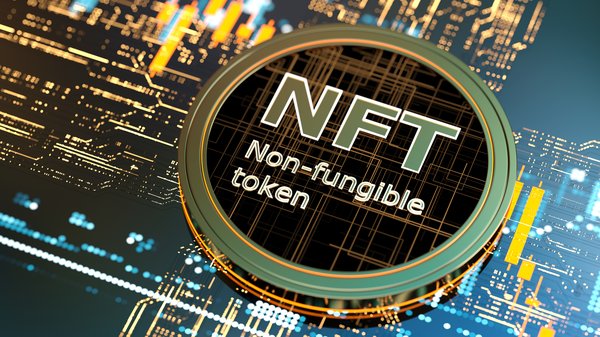A medallion signature guarantee is often compared to a notarized document, but there's a big difference: A medallion signature guarantee can only be provided by certain financial institutions and used for very specific reasons, most commonly the sale or transfer of securities. Read on to learn more about a medallion signature guarantee, how it differs from a notarized document, and how to obtain one.

Definition
What is a medallion signature guarantee?
A medallion signature guarantee is a warranty by a financial institution that an individual has the authority to transfer ownership of a security. They're commonly needed when securities are moved to a new account, given as a gift, or transferred to a court-appointed representative after the death of an owner. The guarantee confirms its signer's identity, signature, and legal authority to transfer securities.
In most cases, the individual obtaining the guarantee is someone who has an account or other relationship with the issuing institution, which can be a bank, credit union, broker-dealer, or other financial institution. The medallion signature guarantee is a guarantee that the transaction is legitimate. If it's not, the provider can be liable if fraud or forgery are involved.
Most major banks provide medallion signature guarantees, including JPMorgan Chase (JPM 1.15%), Citibank (C -0.11%), Wells Fargo (WFC 0.03%), and U.S. Bancorp (USB -0.53%). Institutions that offer medallion signature guarantees must be members of the Securities Transfer Agents Medallion Program (STAMP), the Stock Exchange Medallion Program (SEMP), or the New York Stock Exchange Medallion Signature Program (MSP).
Medallion vs. notarized document
What's the difference between medallion signature guarantees and notarized documents?
A notarized document typically only confirms the signer's identity and guarantees that the public is protected from fraud or forgery. A medallion signature guarantee not only confirms the signer's identity, but also their authority to transfer security. In addition, medallion signature guarantees are backed by the assets of the issuing financial institution.
Notarized documents also cover a far wider range of activities than medallion signature guarantees. For example, mortgage documents, property deeds, powers of attorney, wills and trusts, articles of incorporation, contracts, commercial leases, and memoranda of understanding all can and often are stamped by a notary.
It's also far easier to get a document notarized. Only financial institutions can issue medallion signature guarantees, but documents can be notarized at banks, law offices, real estate companies, accounting firms, libraries, town or county clerks, and even some parcel shipping stores.
Related investing topics
How to get one
How do I get a medallion signature guarantee?
Again, you'll need to go to a financial institution where you have a relationship to obtain a medallion signature guarantee. Some institutions may require you to have maintained an account for a set period, such as six months or a year. Generally, the transaction for which you're obtaining the guarantee will need to be related to your account.
As with a notarized document, you'll need to have proof of identity, such as a driver's license or passport. You'll also need to be able to prove ownership of the security being transferred, usually via a bank statement or tax record.
Although a few banks and credit unions may not charge for the service, you generally can expect to have to pay a fee for a medallion signature guarantee. Prices often start at $50 for a $100,000 guarantee and can rise for larger amounts of securities. If you're able to obtain a medallion signature guarantee from a financial institution where you don't have a previous relationship or account, you can expect to pay more.


